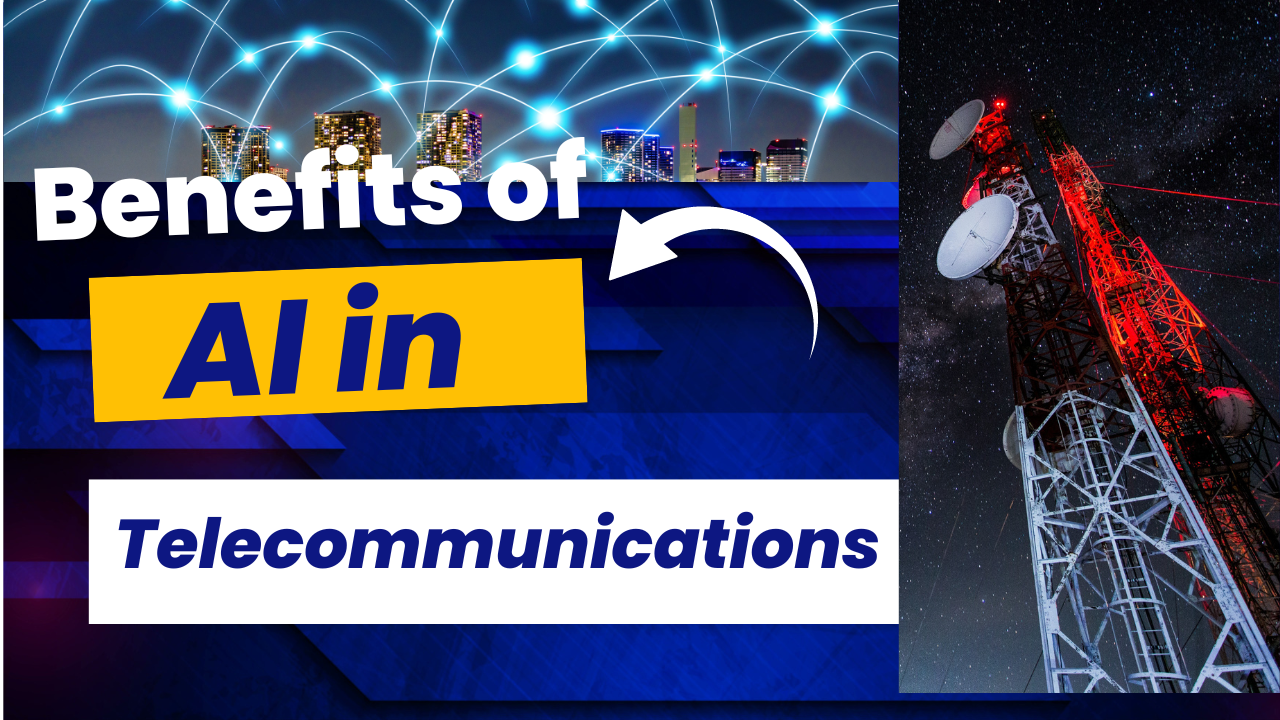 ICTpost Health IT Bureau
ICTpost Health IT Bureau
The current Indian healthcare system is in need of a radical reinvention. Traditional approaches have not brought the rapid change required by aging populations and the rising costs of healthcare, and government efforts too often get bogged down in partisan politics and fail to address systemic issues.
Here we are discussing some recent buzz words in healthcare:
Wireless
Physicians can use smartphones to monitor the continuous vital signs of patients living in different cities. A sophisticated smartphone app that uses a wireless sonogram sensor allows physicians to help spot leaky heart valves and other heart conditions that would traditionally require expensive hospital imaging.
A lot of health information, such as vital signs, glucose levels, and other diagnostic data, can now be collected by individuals using wireless technologies that work on commercially available smartphones. A person who recently had a jaw relocation for sleep apnoea was surprised to learn from a book that he could monitor his own brainwaves during sleep with her iPhone and a $100 app. It produces a graph showing how much time she was in deep sleep, when she woke up in the night; the app even calculates a sleep score to quantify how well she slept. Another friend, recently diagnosed with diabetes, was intrigued to find out that she could wirelessly monitor and continuously record her glucose levels to get a more complete picture than with the fingerstick method she uses.
Big Data ecosystem in health care
The massive growth of the volume, velocity, and variety of digital health data creates both manageability issues and opportunities for greater patient insights. Many learned in 2012 that harnessing the power of Big Data can be costly. Organizations must hire skilled software engineers and analysts as well as purchase and maintain new infrastructures to effectively handle Big Data. This year’s insights and successful failures have prompted organizations to invest, a first step on the road to delivering personalized health solutions. Sustained planning and execution through thoughtful applications development, storage, analytics/visualization, and data exchange strategies are what will ultimately help organizations unlock their Big Data value.
Although genomics remains in its early stages, it can exponentially explode. Finding a way to successfully manage Big Insights to eventually predict, personalize, and prevent, could lead to early detection of potential problems, which means healthier members, as well as fewer complications and admissions.
Rise of health start up accelerators
Through a network of mentors with medical, business development, and technology expertise, new startup accelerators/companies are incubating the next wave of digital health innovators. They believe that a new blueprint for technology-enabled, personalized, participatory, and preventive medicine is greatly needed to drive care delivery transformation.
More health care providers will advocate, participate in and drive innovation co-creation and innovation learning networks to accelerate the flow of ideas and advances in care delivery.
The Cloud
The health care sector is now increasingly automated and highly dependent on information technology in the daily functioning of their businesses. They use health care management and information systems (HMIS), picture archiving and communications systems (PACS), electronic medical/health records (EMR/EHR) and point of care systems and generate significant clinical data, including images.
Health care providers can use private or public cloud to:
Store pathology and other reports (x-ray, etc.)
Maintain and store patient records/billing/claims
Host third-party or in house applications (HMIS, etc.)
Most of the cloud solutions being adopted in healthcare are private clouds, but hybrid clouds are also becoming more accepted, depending on the application and usage pattern. Public cloud solutions are deployed in healthcare, but are more rare. Infrastructure-as-a-service (IaaS) technology will become increasingly important as the data explosion in healthcare continues to stretch the capabilities and budgets of organizations to manage these petabytes of data, and as we need to collaborate and share access to healthcare data among a wider range of stakeholders.
It’s an exciting time. Although the buzz word Bingo surrounding these concepts is slightly annoying, the applications for healthcare are truly amazing. Healthcare needs to be revolutionized and these technologies provide a critical substrate. editor@ictpost.com







